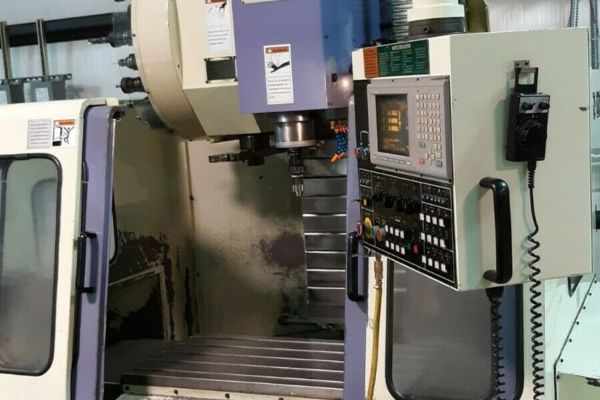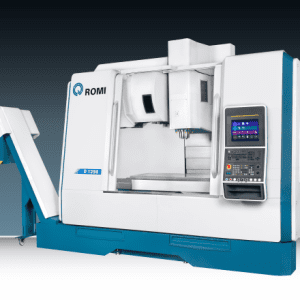
Ever had a machine break down at the worst possible time? Like, right when you’re about to close a big order or during a peak production hour? If so, you already understand how critical every minute of downtime can be. That’s where emergency service contracts step in — not just as a safety net, but as a smart business decision.
Think of it this way: most of us wouldn’t drive a car without insurance. It’s the same with equipment and systems that keep your business running. Emergency service contracts are like insurance with a fast-response clause — ensuring help is just a phone call away when things go sideways.
What’s great about these contracts is the peace of mind they bring. Instead of scrambling to find a technician, waiting hours (or days) for service, and watching your operations grind to a halt, you’re at the front of the line. Many providers guarantee faster response times and even 24/7 support for contract holders. That’s a big deal when time is money.
Beyond speed, these agreements often include routine maintenance, which helps prevent breakdowns in the first place. It’s like having a personal trainer for your equipment — keeping everything in top shape so you avoid unexpected disasters.
I remember a client who ran a busy warehouse. One unplanned forklift failure on a Friday afternoon nearly shut them down for the weekend. After that close call, they signed an emergency service contract. Next time it happened, the issue was fixed within two hours. No delays, no stress.
Bottom line? If uptime matters to your business, having an emergency service contract isn’t just helpful — it’s essential.







Write a comment ...